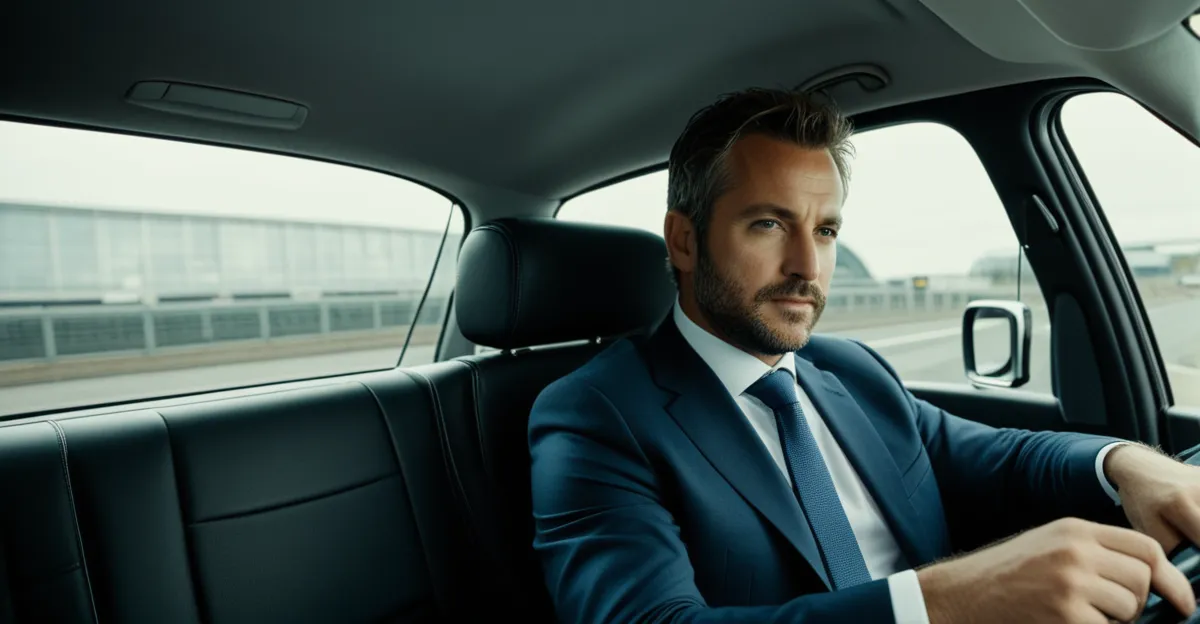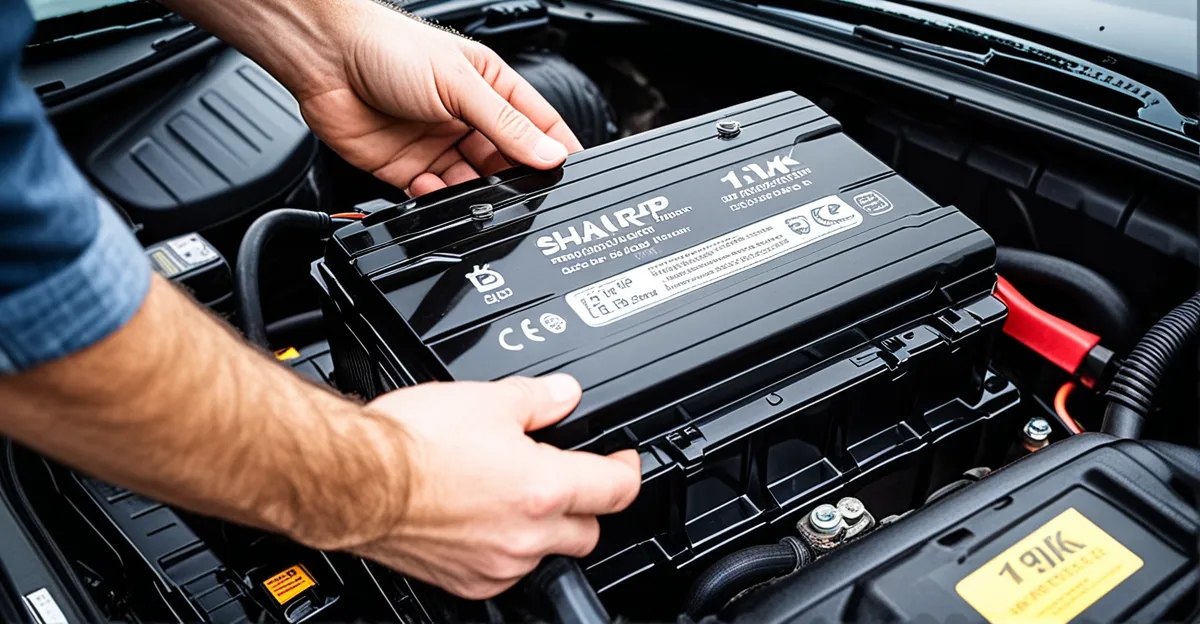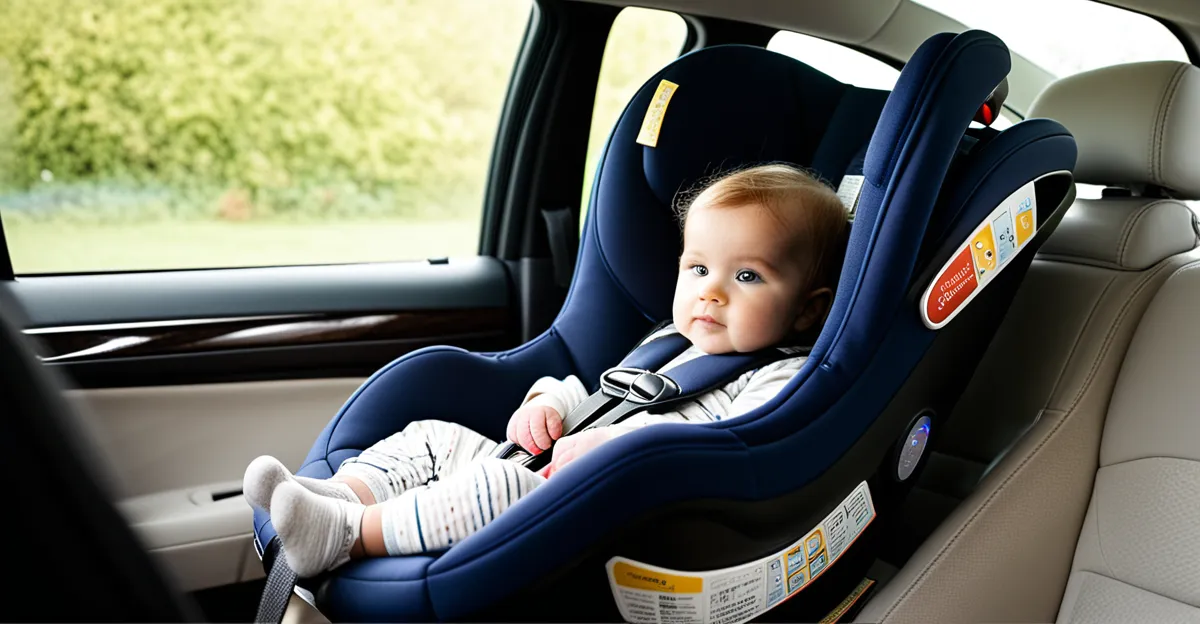Welcome to Car Seat Traveler!
Unleash the ultimate ride experience with us.
Vehicles and More
Dive into our comprehensive categories for cars and motorcycles.
Stay Updated
Check out our news section for timely articles on automotive innovations and industry updates.
Curated Products
Explore our range of products designed for vehicle enthusiasts, from accessories to safety gear.
Empowering Choices
Our mission is to provide insights and recommendations that enhance both enjoyment and safety while traveling.
Welcome to Car Seat Traveler
Discover a world of vehicles through our comprehensive categories, news articles, and curated products.
Stay Informed with the Latest Models & Trends
Explore our comprehensive categories covering cars and motorcycles.
Our Mission is to Provide Insights & Recommendations
Our news section keeps you up-to-date with timely articles on automotive innovations.
Discover industry updates and expert recommendations for your vehicle needs.
Enhancing Enjoyment & Safety While Traveling
Our curated range of products are designed for vehicle enthusiasts.
From accessories to safety gear, we ensure optimal performance and security on the road.
Discover Our Range of Services & Products
Choose from our diverse selection of services and products for all types of vehicles
Vehicle Maintenance & Repairs
Stay on top of your vehicle’s performance with our professional maintenance and repair services.
Safety Gear & Accessories
Ensure your safety on the road with our range of protective gear and quality accessories for your vehicle.
Roadside Assistance
Hit the road with peace of mind knowing our 24/7 roadside assistance team is just a call away for any unexpected situations.
Global Vehicle Shipping
We offer safe and reliable shipping services to transport your vehicle to any destination around the world.
Explore a World of Vehicles
Connecting millions of vehicle enthusiasts from across the world since 2005.
With a passion for everything automotive, we’ve been bringing together like-minded individuals to share their enthusiasm and knowledge for over 15 years.
Explore our global community
At Car Seat Traveler, we believe that the love for all vehicles transcends borders. Join our community and connect with millions of vehicle enthusiasts from around the world.
Latest news

The Definitive Handbook for Maintaining Your Ducati 959 Panigale Exhaust: Expert Insights for Optimal Performance
Essential Maintenance Practices for the Ducati 959 Panigale Exhaust Maintaining the[…]

Unveil the Perfect Ergonomic Vehicle for Stress-Free Long Commutes Across the UK!
Introduction to Ergonomic Vehicles for Long Commutes As daily travel distances[…]

Mastering Vehicle Safety: Key Strategies for Accurate Calibration of Collision Avoidance Technology
Ensuring Accurate Calibration for Collision Avoidance Systems Precision in ADAS calibration[…]

Ultimate DIY Handbook: Securely Swap Out and Dispose of Your Car Battery in the UK
Step-by-Step Car Battery Replacement Guide in the UK Replacing your car[…]

Key Factors to Choose the Ideal Steering Wheel Cover for Your Luxury Car in the UK
Essential Criteria for Luxury Car Steering Wheel Covers Choosing a luxury[…]

Ultimate Road Trip Checklist: Prepare Your Vehicle for an Unforgettable Journey from the UK to Europe
Essential Vehicle Documents and Legal Requirements Preparing for a car journey[…]

The Definitive Handbook for Safely Installing Rear-Facing Baby Car Seats in UK Vehicles
Essential UK Laws and Regulations for Rear-Facing Baby Car Seats Understanding[…]

Master Your Maintenance: A Comprehensive DIY Guide to Installing a Center Stand on Your Honda NC750X
Essential Preparations for Installing a Center Stand on Your Honda NC750X[…]

Enhance Your Vehicle’s Safety: The Complete Handbook for Mastering Your Automatic Emergency Braking System
Understanding Automatic Emergency Braking Systems Automatic emergency braking (AEB) is a[…]

Discovering Groundbreaking Innovations in Vehicle Tire Pressure Monitoring Systems Across the UK
Unveiling the Latest TPMS Technologies Shaping the UK Market The UK[…]

Essential Guide to Neon Underglow Lighting for Cars in the UK: Key Tips and Insights!
UK Regulations on Neon Underglow Car Lighting Understanding UK neon underglow[…]

Proven Strategies to Minimize Handlebar Vibration on Your Suzuki V-Strom 650 for a More Comfortable Ride
Immediate Actions to Reduce Handlebar Vibration on Suzuki V-Strom 650 When[…]

Ultimate Guide for Young Drivers: Securing the Perfect Car Insurance in the UK
Understanding Car Insurance Types Navigating the world of car insurance types[…]

Enhancing Lane-Keeping Assist: Tailoring Vehicle Settings for Optimal Performance on Rural UK Roads
Fundamentals of Lane-Keeping Assist Technology Lane-keeping assist (LKA) is a pivotal[…]
Mastering the Installation of a High-Performance Air Filter in Your British Racing Car: Essential Steps for Peak Performance!
Essential Tools and Preparation for Air Filter Installation Before diving into[…]








